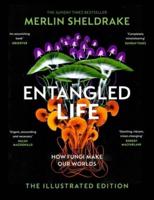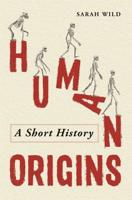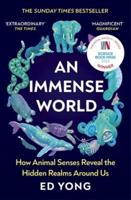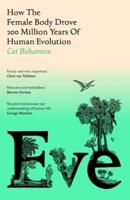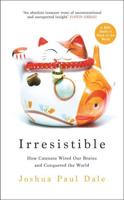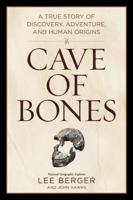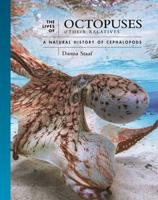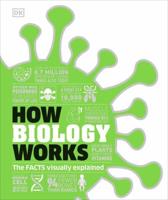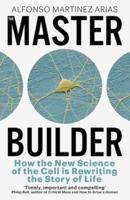Publisher's Synopsis
"It is truly a great time in human hisory to be a biologist...or perhaps to consider becomming a biologist!" With these words Garland Allen and Jeffrey Baker invite students into the exciting world of the contemporary life sciences. Written by distinguished scientists and teachers, this new core or supplementary text focuses on how the science of biology is done and how science and society interact. Designed to complement traditional fact–driven basic biology texts or media, Biology: Scientific Process and Social Issues is sure to light a fire in students for learning science and maybe even doing science one day.
Praise from notable life science authors and educators:
"In an era when the discovery avalanche is suffocaating biology and students under a pile of details, this new book by Garland Allen and Jeffrey Baker is a welcome reminder that science is not just about "what we know," but "how we know." In their clear and engaging presentation of how science works, the authors encourage students to think more critically, inspire them to participate in scientific inquiry, and enhance their appreciation of the central role that science plays in modern culture. Allen and Baker′s Biology: Scientific Process and Social Issues is certain to improve science education." Neil Campbell, Visiting Scholar, University of California, Riverside
"This is a time of enormous change in the life sciences, and today′s students need to appreciate science as an ongoing process. Using colorful and interesting examples ranging from medicine and cell biology to evolution and ecology, this book gives the reader a real feel for the dynamic process of science and conveys a clear sense of how discoveries are made. Together with its treatment of important ethical issues, this well written book will make a major contribution to teaching introductory biology." Geoffrey M. Cooper, Professor of Biology and Chair, Department of Biology, Boston University
"This book presents a lucid exposition of the field of biology that should prove widely useful in understanding the way that science works the construction and testing of hypotheses and the building of a robust body of knowledge that serves humanity well. The text is well suited to several diverse approaches to the field of biology, and should be widely adopted as a thoughtful approach to the field." Peter Raven, Director, Missouri Botanical Garden



